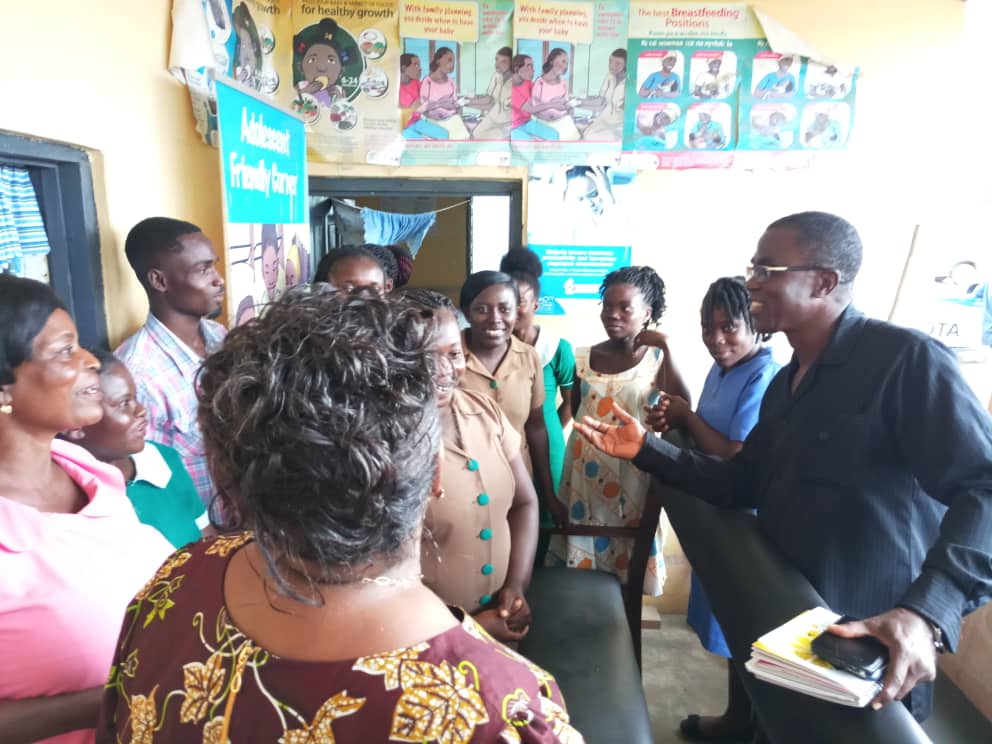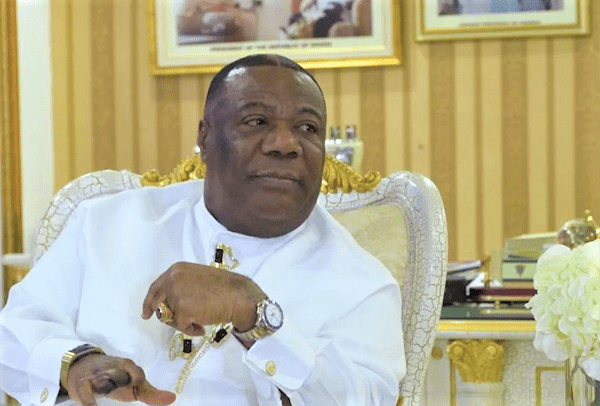Ghana Health Service council completes tour of Western Region
- Posted on
- Comment

The Ghana Health Service (GHS) council has completed its three-day working visit of the Western Region from June 17 to 19, 2018.
This is the fourth region toured by the council.
The first, second and third took the council to Eastern, Central, and Volta Regions respectively.
The tour took them to the Dixcove Municipal Hospital, Agona Nkwanta Health Centre, Fasin CHPS compound, and Western Regional Hospital, Effia Nkwanta.
The group meet the regional health management team, municipal and district directors of health services.
The team also paid a courtesy call on the Deputy Regional Minister, Hon. Eugenia Gifty Kusi to discuss the health issues in the region.
“Among concerns raised by the management and staff in the region were poor state of health infrastructure in the region particularly the Effia Nkwanta Regional Hospital, inadequate ambulance vehicles, lack of staff accommodation, non-mechanization of casual workers, inability of some patients to settle medical bills, inadequate anti-rabies vaccines, indebtedness to utility companies (electricity and water) and the continuous threat by the companies to cut services to the health facilities and few others,” a statement from the GHS said.
The Chairman of the Council, Dr Yao Yeboah advised the management of the health facilities to ensure effective teamwork in their facilities. He also urged the facility managers to ensure judicious use of their Internally Generated Fund (IGF).
He cited Eastern Regional Hospital, Koforidua, as a hospital that has so far amazed the council regarding IGF management. He asked managers of other hospitals to emulate the example of Koforidua Regional Hospital in the use of their IGF.
The Director-General of GHS, Dr Anthony Nsiah-Asare also advised management and staff to desist from charging unapproved fees from patients.
He asked the management to let staff be aware whenever they receive payment from NHIS and other inflows to ensure transparency and accountability. He stressed the need for the service providers to foster closer collaboration with other stakeholders to improve indicators for nutrition in the region.










 (Selorm) |
(Selorm) |  (Nana Kwesi)
(Nana Kwesi)